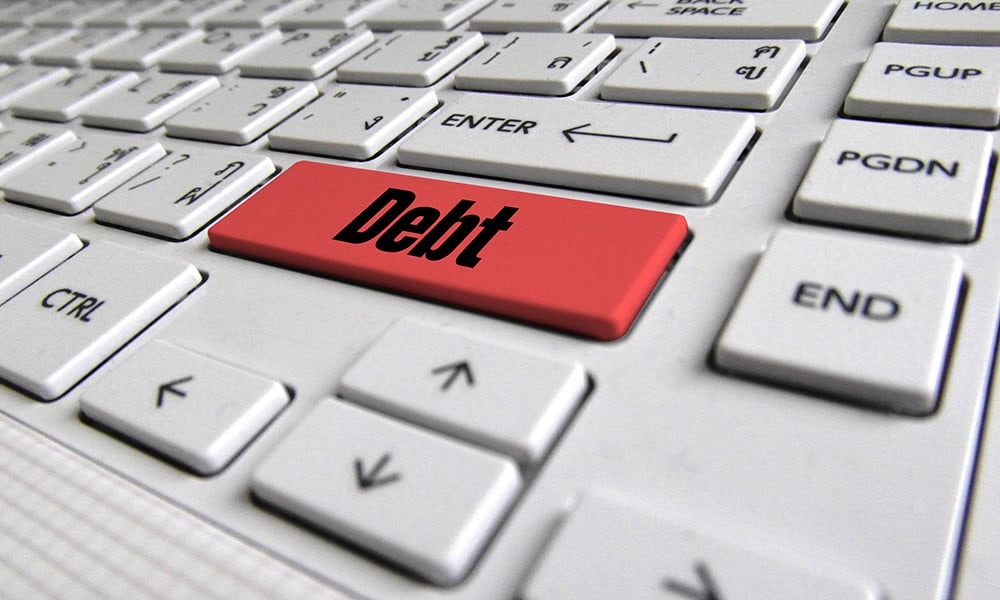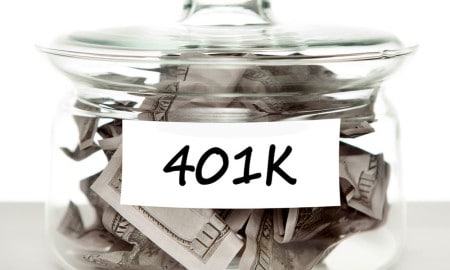

Though no one likes to think about it, one day you’ll pass and leave your possessions to your heirs. What happens to debt when you die is determined by the loan contract and whether your assets are enough to pay the debts in full.
Debt is Paid by the Estate
When you die, all of your assets and debts become a part of your estate. Though you may want to leave your home, car, and other valuables to your heirs, if you have debts, your creditors will need to be paid off first.
If you have enough cash and investments to pay off your loans, the process is relatively simple. The executor will use the money to pay off the loans and will then distribute the remainder to the people you’ve named in your will. If needed, the executor can sell other assets like cars or homes to pay off all of the debts.
Secured debts will be paid through the repossession or sale of the asset that is securing the debt. Unsecured debts will be paid after secured debts are paid.
For example, if you have a mortgage when you pass, the mortgage lender will either sell or repossess the home to settle the loan. Similarly, if you have an auto loan the car will be sold or repossessed to pay off the loan.
If the money left in your estate is not enough to fully pay off your debts the entire estate will be sold and the money will be paid to the lenders, leaving your heirs without an inheritance. If you want to provide for future generations, you’ll need to make sure you keep your finances under control as you age.
Debt with Cosigners
Is debt transferable after death? In certain situations, yes.
One situation in which debt is transferable after death is if someone has cosigned on the debt. Cosigning on a loan is like taking full responsibility for the loan in the event that the actual borrower is unable to or fails to pay. One common situation in which someone co-signs on a loan is when parents co-sign on their child’s student loans. If the child does not pay, the parents will be on the hook for the loan.
If the loan is secured by an asset, such as a mortgage, HELOC, or a car loan, whoever inherits the asset becomes responsible for the loan. They can assume the payments or sell the asset to settle the debt.
If you cosign on a loan or are a joint account holder on a credit card and the person who took out the loan does not, or cannot, pay for any reason, including death, the lender will start sending bills to you. If you don’t pay, the lender can take legal action against you and your credit score will be damaged.
In community property states, any debt taken on while you are married automatically becomes your spouse’s responsibility as well. Payments for personal, student or other loans could wind up becoming your spouse’s responsibility if you pass.
How to Pay Down Debt
If you’re trying to get your financial house in order, paying down debt is one of the most important steps. Thankfully there are a number of strategies you can use.
Refinancing
If you have a credit card or other high-interest debt, refinancing is a good option. When you refinance a loan, you take out a new loan and use the money to immediately pay off the old one. The benefit of refinancing is that you can pay off multiple loans, combining them into one, and get a lower interest rate, saving you money over time.
Credit card debt, in particular, is a good candidate for refinancing. Many credit cards offer balance transfer deals that let you move balances from other cards to a new card, with no fee and zero percent interest for a year or more.
Since credit cards can have interest rates in excess of 20%, you can save thousands of dollars by refinancing credit card debt.
Making Extra Payments
If you dedicated to paying down your debt and you have extra income to use to pay it off, there are two paths to take.
Snowball Method
The snowball method of debt payment involves paying off your lowest balance loans first, regardless of the interest rate or type of loan. If you have four different loan accounts, pay the minimum on the three largest and put all of your extra money towards the lowest balance. That will let you pay off the smallest loan quickly.
Once you’ve paid the smallest loan, you’ll have more cash flow to use to pay your other loans. Start sending your extra cash to your next smallest loan. As you pay off loans, you’ll have even more cash to use since you’ll have fewer minimum payments to make.
This strategy is good if you like the psychological effect of paying off a loan or if you have cash flow problems in your budget. You can use our debt snowball calculator to run your own debt payoff numbers using this method.
Interest Rate Based Payments
This strategy involves sending all of your extra money towards your highest interest rate loans. This is the mathematically optimal choice since paying off high-interest loans first will reduce the total amount you’ll need to pay to get rid of all of your loans.
The downsides are that your high-interest loans might be larger than some of your low-interest loans, so it will take a while for you to close any of the loans. If you have trouble with cash flow, this also won’t resolve that issue as quickly as paying your smaller loans first.
Paying Biweekly
One trick that some people use to pay off their loans is to make bi-weekly payments rather than monthly payments.
Because there are 52 weeks in a year, a biweekly payment schedule will result in you making 26 payments each year. If each payment is half the size of a monthly payment, you’ll make the equivalent of one extra monthly payment each year. This strategy works well for people who are paid every other week, since you can sync up the payments with your paychecks.
Many people use this strategy to pay off their mortgages since mortgages are so large and last for so long. Using the strategy can cut years off of a mortgage.
Paying down your debt is an admirable goal, but you can rest easy knowing that if you don’t manage it, your debt is unlikely to affect your heirs.
Photo credit: InvestmentZen Images











